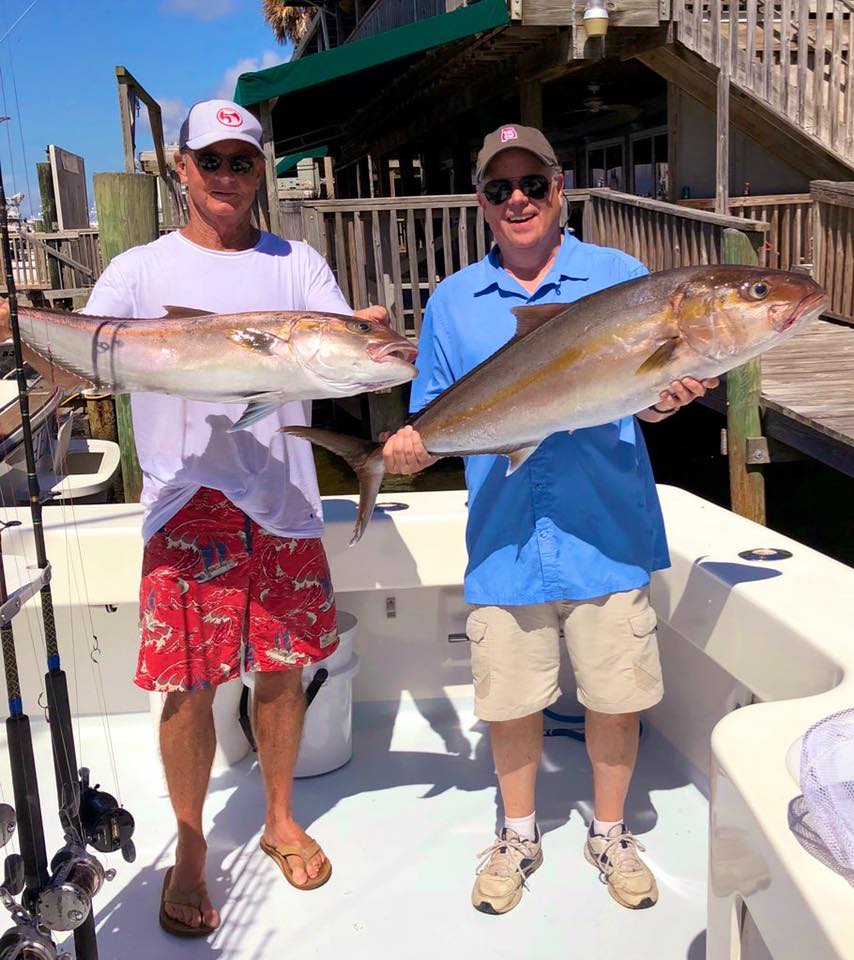By Glynn Wilson –
While the Trump administration continues to do the bidding of fossil fuel companies by proposing to gut the National Environmental Policy Act, with little fanfare and in bipartisan fashion the United States Senate unanimously passed a package of bills this week called America’s Conservation Enhancement Act (ACE) to expand federal funding for conservation programs, which now moves to the House for approval.
One of the bills reauthorizes the North American Wetlands Conservation Act through 2025, enacted in 1989 to provide federal cost-share funding to projects that conserve North America’s waterfowl, fish and wildlife resources, increasing the annual funding for the program to $60 million.
According to U.S. Senator Doug Jones, the Democrat from Alabama, an avid outdoorsman and hunter and co-sponsor of the legislation, it provides support for four projects in Alabama’s Mobile-Tensaw Delta and helps in conservation efforts to preserve more than 47,000 acres of wildlife habitat in the state.
“These conservation efforts will continue to ensure Alabamians and visitors can enjoy hunting, fishing, camping and more in the Delta area,” Senator Jones said in announcing the bipartisan, unanimous passage of the legislation.
The second bill authorizes the National Fish Habitat Action Plan, a national framework developed jointly by the states, federal agencies, businesses and the fishing and environmental protection community to set goals for conserving and restoring fish habitats on a national scale. The program has supported 840 projects across all 50 states since its inception in 2006.
“In Alabama, fishing and hunting aren’t just pastimes – they’re a way of life. They’re also a vital part of our state’s economy,” Senator Jones said. “It’s crucial that we do everything we can to protect and preserve our fish habitats and wetlands so that Alabamians can enjoy them for generations to come.”
Ducks Unlimited, a leader in wetlands and waterfowl conservation, supported the legislation, Jones said.
“On behalf of the 750,000 members of Ducks Unlimited, we proudly support S. 3051, America’s Conservation Enhancement Act,” said Dan Wrinn, national director of government affairs, in a statement after the legislation passed. “Measures like these support the conservation of wetlands and waterfowl habitat for landowners, farmers, hunters, anglers and all kinds of outdoor enthusiasts across the country for years to come.”
The legislation was introduced by U.S. Senator John Barrasso, a Republican from Wyoming and chair of the Senate Committee on Environment and Public Works, along with Ranking Democrat Tom Carper of Delaware.
“This is very encouraging news. Wildlife conservation is not (or should not be) a partisan issue, and it’s great to see the Senate pass the ACE unanimously,” said Mark Bailey of Conservation Southeast in an email comment reacting to the story at my request. “Hopefully the House will follow suit.”
The package affects many important wetland habitat and wildlife conservation programs, he said, both game and non-game programs.
The legislation was also supported by the National Wildlife Federation, the American Sporfishing Association and other conservation groups.
“At a time when one-third of wildlife species are at heightened risk of extinction, Chairman Barrasso and Ranking Member Carper are again affirming that our leaders can rally behind common-sense, bipartisan investments to restore wildlife populations and conserve our outdoor heritage,” said Collin O’Mara, president and CEO of the National Wildlife Federation.
“The ACE Act confronts systemic challenges facing wildlife by restoring essential wildlife habitat like wetlands and the Chesapeake Bay, eradicating wildlife disease especially Chronic Wasting Disease, removing invasive species, and engaging the next generation of sportsmen and sportswomen,” O’Mara said in reacting to the news. “While we still have much more work to do, this important, bipartisan legislation shows that even though gridlock pervades much of our nation’s capital, wildlife conservation stands out as a rare area for bipartisan collaboration.”
The U.S. House of Representatives should swiftly pass the package of bills and send them to the president for his signature, according to Mike Leonard, vice president of government affairs for the American Sportfishing Association.
“Bipartisanship is a rare commodity these days in Washington, but natural resources conservation is one area that garners support from lawmakers on both sides of the aisle,” Leonard said.
The ACE Act establishes a Chronic Wasting Disease task force to develop an interstate action plan for state and federal cooperation relating to the disease, and commissions a study by the National Academy of Sciences on the pathways and mechanisms of the disease’s transmission. It encourages partnerships among public agencies and other interested parties for promoting fish conservation. It reauthorizes the Chesapeake Bay Program, Chesapeake Bay Gateways and Watertrails Network and the Chesapeake Bay Gateways Grants Assistance Program through 2025, along with the National Fish and Wildlife Foundation Act.
It also establishes a program to provide grants to states and Indian tribes to compensate livestock producers for losses due to predation by federally protected species such as wolves or grizzly bears. And it establishes a Theodore Roosevelt Genius Prize for technological innovation to reduce human-predator conflict using non-lethal means.















